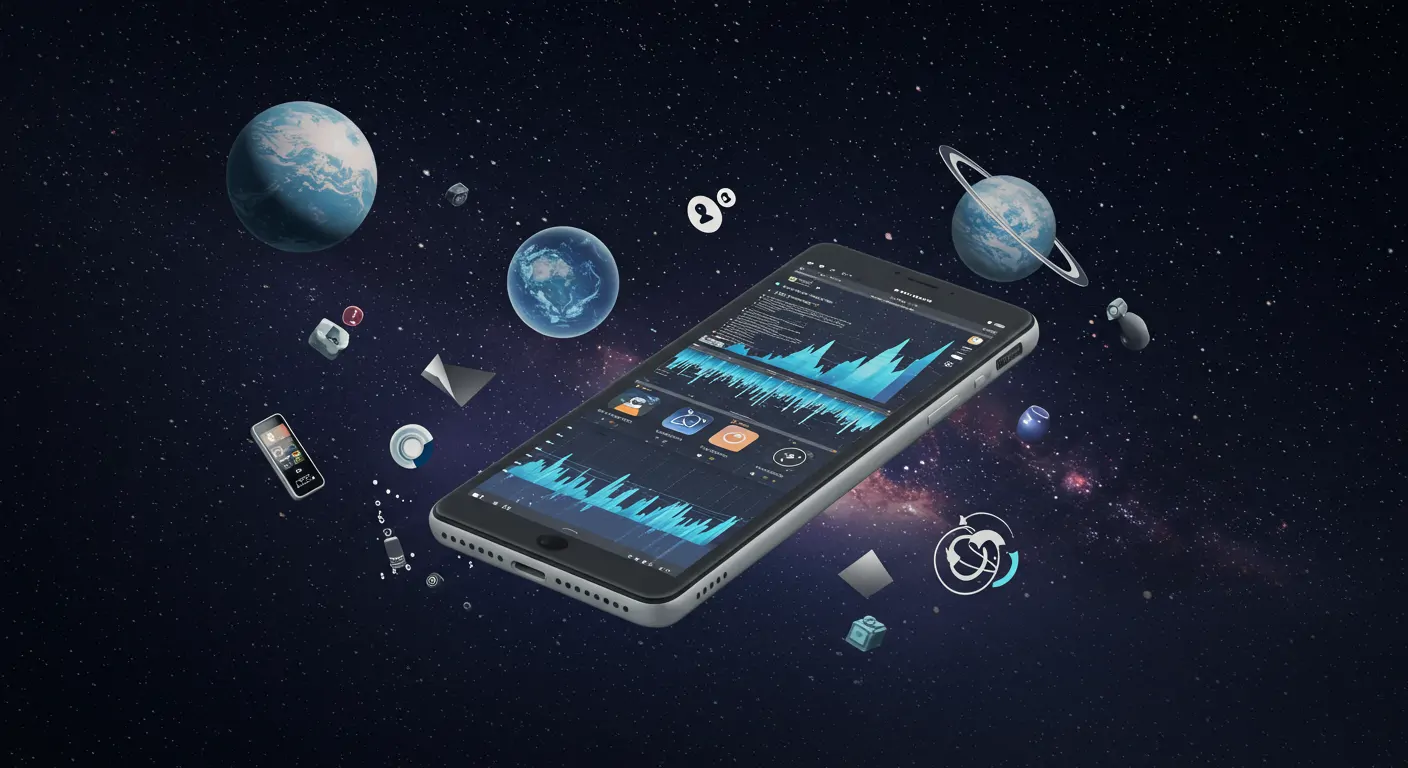Introduction: Why This Matters Now
Amidst the rapid evolution of technology, AI agents are becoming pivotal in mobile app development. A recent survey from IDC reveals that by mid-2025, 74% of app development companies are expected to integrate AI solutions into their workflows, up from 45% in 2024. This trend signifies a paradigm shift, transforming how apps are created, deployed, and maintained. Developers, businesses, and investors stand to be profoundly impacted by this change.
Read time: 12 minutes
Industry Shift: The Current State in 2025
As of 2025, AI-driven mobile development tools have seen significant growth. Major players like Google, Microsoft, and emerging startups like JetBrains have launched AI coding assistants such as Copilot and Tabnine, which are employed by over 80% of Fortune 500 companies. The global AI in app development market was valued at $15.5 billion in 2024 and is projected to reach $28.9 billion by the end of 2025 (Source: McKinsey & Company). Traditional coding approaches struggle to compete due to the accelerated speed and precision offered by AI.
Caption: Data visualization of AI adoption growth in app development.
Key Drivers: What's Fueling This Trend
Driver 1: Economic Efficiency
AI agents drastically reduce development time and costs. A report from Accenture highlights a 35% reduction in development cycle time, saving companies an average of $370,000 annually.
Driver 2: Increasing Complexity in App Requirements
With apps becoming more complex, AI assists in handling intricate tasks such as real-time data processing, thereby reducing human error. For instance, AI helps streamline backend processes and user interface design, enhancing app performance.
Driver 3: Advancements in Machine Learning
Breakthroughs in machine learning algorithms allow AI agents to better understand and predict user behaviors, leading to more intuitive and responsive applications.
Real-World Impact & Case Studies
Case Study 1: Shopify
- Integrated AI into their app development to automate customer support features.
- Achieved a 45% increase in customer satisfaction scores within six months.
- Key lesson: Leveraging AI for real-time data analysis significantly improves user interaction.
Case Study 2: Duolingo
- Utilized AI for personalized learning paths.
- Witnessed user retention rates increase by 30% by Q3 2024.
- Key lesson: AI personalization enhances user engagement and retention.
Industry Implications
For Developers
- Mastery of AI tools like TensorFlow and PyTorch
- Increased demand for skills in AI integration and data science
For Businesses
- Need to adopt AI strategies for competitive advantage
- Cost reduction and quality improvement through AI-driven developments
For Investors
- Opportunities in AI technology and app development sectors
- Potential risks include rapid technological obsolescence
Challenges & Criticisms
Despite the benefits, AI in app development faces challenges. Concerns about data privacy, ethical use of AI, and dependency on technology are prevalent. Critics argue the risk of job displacement and emphasize the need for ethical guidelines to govern AI applications.
Future Outlook: What's Next
In the short term, expect AI integration to become standard practice in mobile app development by mid-2026. Long-term, AI is predicted to enable hyper-personalized user experiences, revolutionizing sectors like healthcare and finance. Key milestones to watch include the development of AI that can autonomously code entire applications.
Frequently Asked Questions
- What exactly are AI agents in app development?
- How do AI agents differ from traditional coding tools?
- What are the main risks associated with AI in app development?
- How can small businesses afford to implement AI solutions?
- What does the future hold for AI in mobile development?
Conclusion: Key Takeaways
- AI agents are rapidly transforming mobile app development landscapes.
- Companies like Shopify and Duolingo demonstrate AI's impactful usage.
- Despite challenges, the potential benefits for developers, businesses, and investors are substantial.
- Prepare for a future where AI drives innovation and efficiency in app creation.
For more insights on AI and mobile development, consider exploring our detailed guides and expert interviews.




